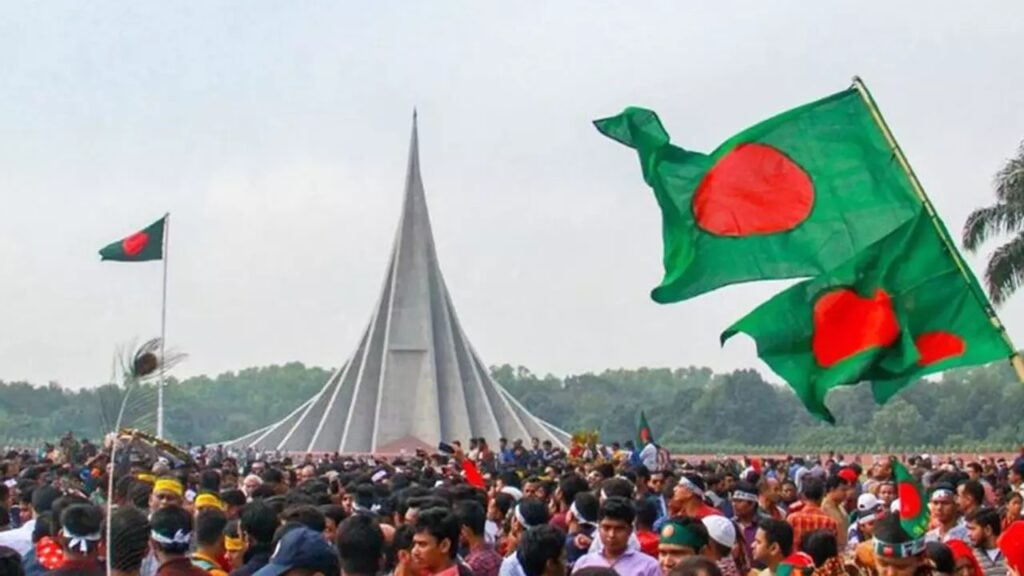Independence and National Day.


Background
The roots of Bangladesh’s independence movement trace back to economic, political, and cultural disparities between East Pakistan (present-day Bangladesh) and West Pakistan (present-day Pakistan) following the partition of India in 1947. These tensions culminated in the 1970 general elections, where the Awami League, led by Sheikh Mujibur Rahman, won a majority but was denied the opportunity to form a government. On March 7, 1971, Sheikh Mujib delivered a powerful speech in Dhaka, rallying people to prepare for independence.
On the night of March 25, 1971, Pakistan launched Operation Searchlight in Dhaka, aimed at suppressing the independence movement. This resulted in massive violence and civilian casualties. In the early hours of March 26, Bangladesh formally declared independence, marking the start of the Liberation War.
Observances and Celebrations
Independence Day is a national holiday in Bangladesh and is observed with patriotic spirit across the country:
- Wreath-Laying at the National Martyrs’ Memorial: High-ranking officials, including the president and prime minister, along with citizens, gather to pay homage at the National Martyrs’ Memorial in Savar, Dhaka. This monument symbolizes the sacrifices made for the country’s freedom.
- Flag Hoisting Ceremonies: The day starts with flag hoisting at government offices, schools, and homes across Bangladesh. The national flag is prominently displayed, and people wear traditional attire, often in green and red to symbolize the flag’s colors.
- Parades and Cultural Programs: The military, police, and other institutions hold parades in the capital and major cities. Cultural organizations arrange songs, dance, and recitals celebrating the country’s journey to independence and the resilience of its people.
- Independence Day Awards: The government confers the Independence Day Awards on distinguished citizens for their contributions to society, the economy, education, science, and culture.
- Documentaries and Films: TV channels broadcast documentaries and films about the Liberation War, bringing stories of heroism and sacrifice to new generations. Programs also include interviews with war veterans and survivors, reflecting on the events that led to independence.
- School and Community Events: Schools and community centers across Bangladesh hold discussions, debates, and essay competitions about the country’s history, culture, and values.
- Lighting of Landmarks: Prominent landmarks, including government buildings, are illuminated in vibrant colors. Streets are decorated with lights, and national symbols to enhance the celebratory spirit.
Significance
Bangladesh’s Independence Day is a powerful reminder of the sacrifices made for freedom and the resilience of the Bangladeshi people. It embodies the spirit of unity, justice, and the right to self-determination. For Bangladeshis, March 26 is both a tribute to their history and a celebration of their identity, culture, and dreams for a prosperous future.
4o
ChatGPT ca

